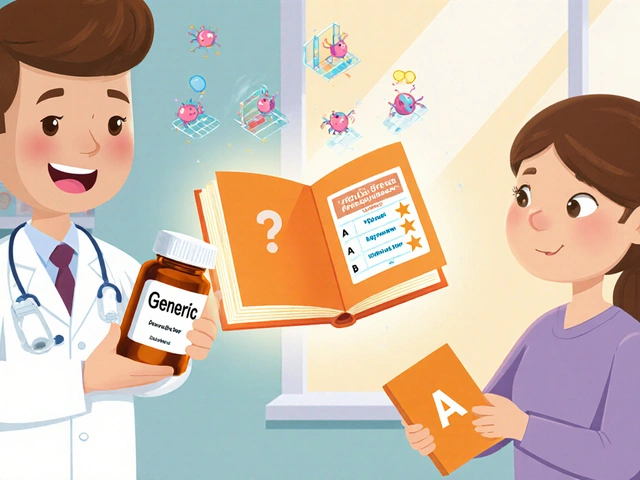GI Side Effects: What You Need to Know About Stomach and Digestive Drug Reactions
When you take a medication, your GI side effects, gastrointestinal reactions caused by drugs that impact the digestive tract. Also known as digestive side effects, they can range from mild discomfort to serious complications that make treatment hard to stick with. These aren’t just random annoyances—they’re direct results of how drugs interact with your stomach, intestines, and gut lining. Many common pills, from painkillers to antidepressants, mess with your digestive system because they’re absorbed there, or they trigger nerve signals that slow or speed up digestion.
Some drugs like metoclopramide, a motion sickness and nausea medication that can cause abnormal gut motility actually force your stomach to move faster, which can backfire and lead to cramps or diarrhea. Others, like methotrexate, a drug used for autoimmune diseases and cancer that irritates the gut lining, cause mouth sores, nausea, and vomiting because they attack fast-growing cells—including those in your digestive tract. Even something as simple as grapefruit, a fruit that interferes with how your body breaks down certain cholesterol drugs can lead to GI upset when mixed with statins. These aren’t rare cases. Studies show over 60% of people on long-term medications report at least one GI issue.
It’s not just about avoiding the drug. The real trick is knowing which side effects are normal and which need action. Nausea after starting a new pill? Common. Diarrhea that lasts more than a few days? Not okay. Mouth sores from methotrexate? Often preventable with folic acid. And if you’re on blood thinners like warfarin, GI bleeding isn’t just a side effect—it’s a red flag. You don’t need to guess what’s happening to your gut. The posts below break down exactly which medications cause which symptoms, why they do it, and how to fight back without quitting your treatment. Whether you’re dealing with bloating after meals, constant stomach pain, or unexplained diarrhea, you’ll find real, practical fixes—no fluff, no jargon, just what works.




